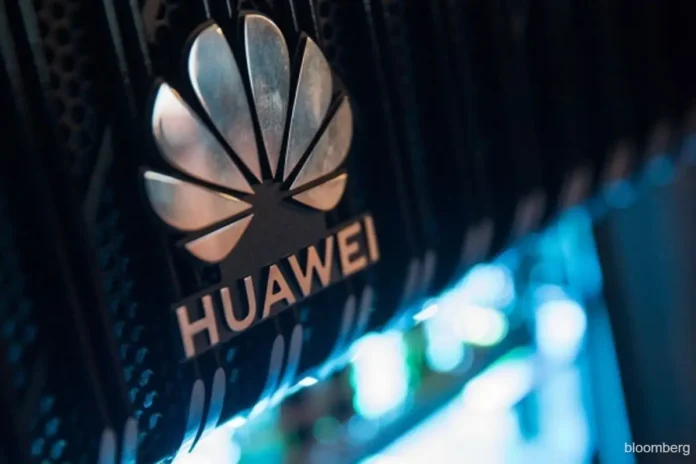Huawei’s Noah Ark Lab said its Pangu Pro Moe model was independently developed and not based on any other company’s work, following claims that it closely resembled Alibaba’s Qwen 2.5 14B model.
The statement came one day after a paper published by an entity called HonestAGI on Github claimed that Huawei’s model showed strong similarities to Alibaba’s, suggesting it may not have been trained from scratch. The paper said this raised concerns about copyright violations, inaccurate technical reporting, and false claims about Huawei’s model training investments.
Huawei responded on Saturday, stating the model was not based on incremental training from other companies and that it included its own design and technical innovations. The company added that it is the first large-scale model built fully on Huawei’s Ascend chips.
Noah Ark Lab also said its team followed all open-source license rules for third-party code but did not name the sources.
Alibaba has not responded to the claims. HonestAGI could not be reached, and its background remains unknown.
Qwen 2.5-14B, part of Alibaba’s Qwen 2.5 model family, was released in May 2024 and is designed for use on PCs and smartphones. While Alibaba’s Qwen is focused on consumer applications like chatbots, Huawei’s Pangu models are mainly used in government, finance, and manufacturing.
Huawei released its first Pangu model in 2021. Although it entered the AI field early, the company has been seen as falling behind competitors. In June, Huawei open-sourced the Pangu Pro Moe model on the Chinese platform GitCode to expand developer access and promote its technology.
Competition in China’s AI sector has increased since DeepSeek released its R1 open-source model in January, putting pressure on major tech companies to advance their own offerings.
























